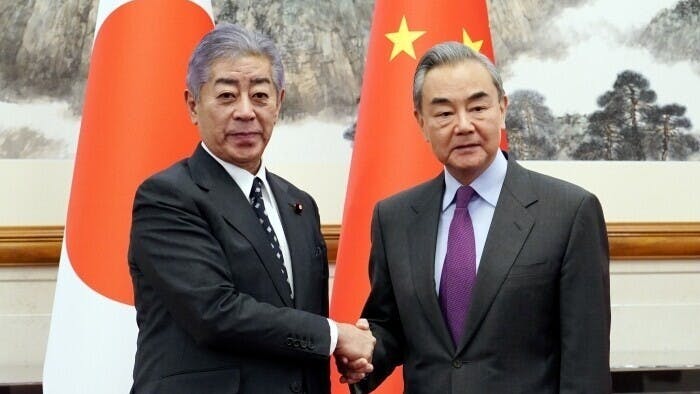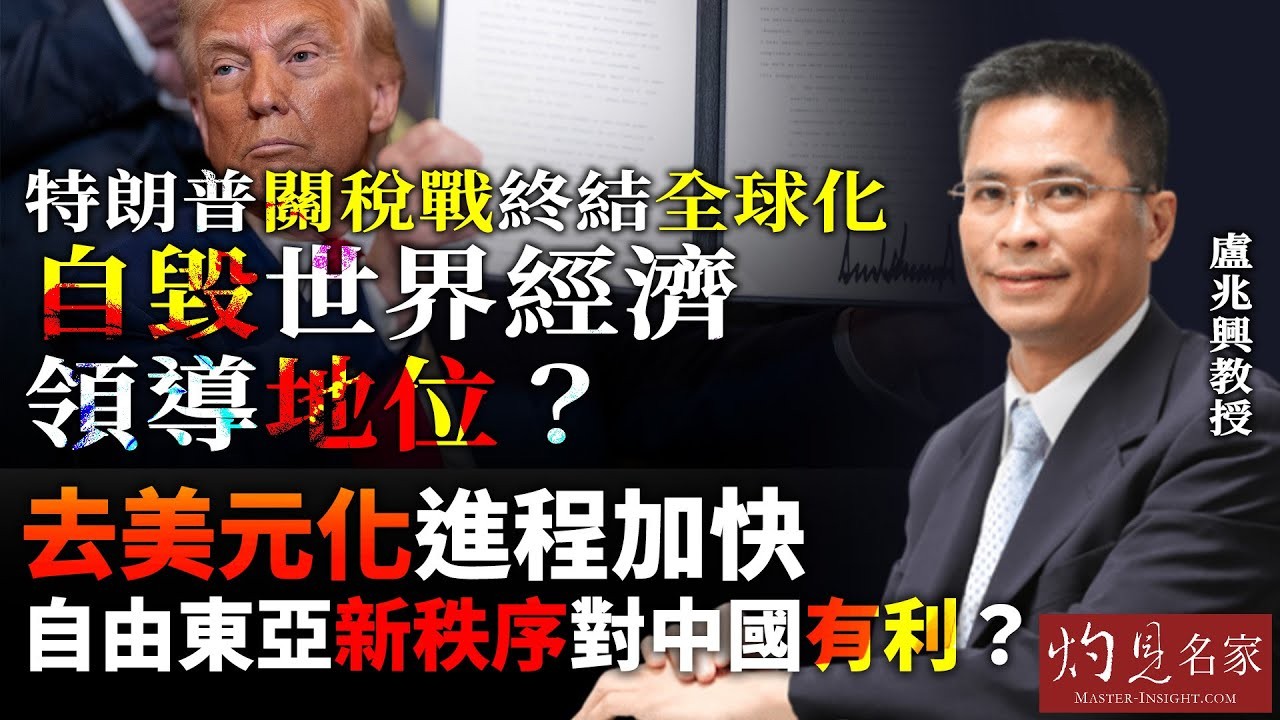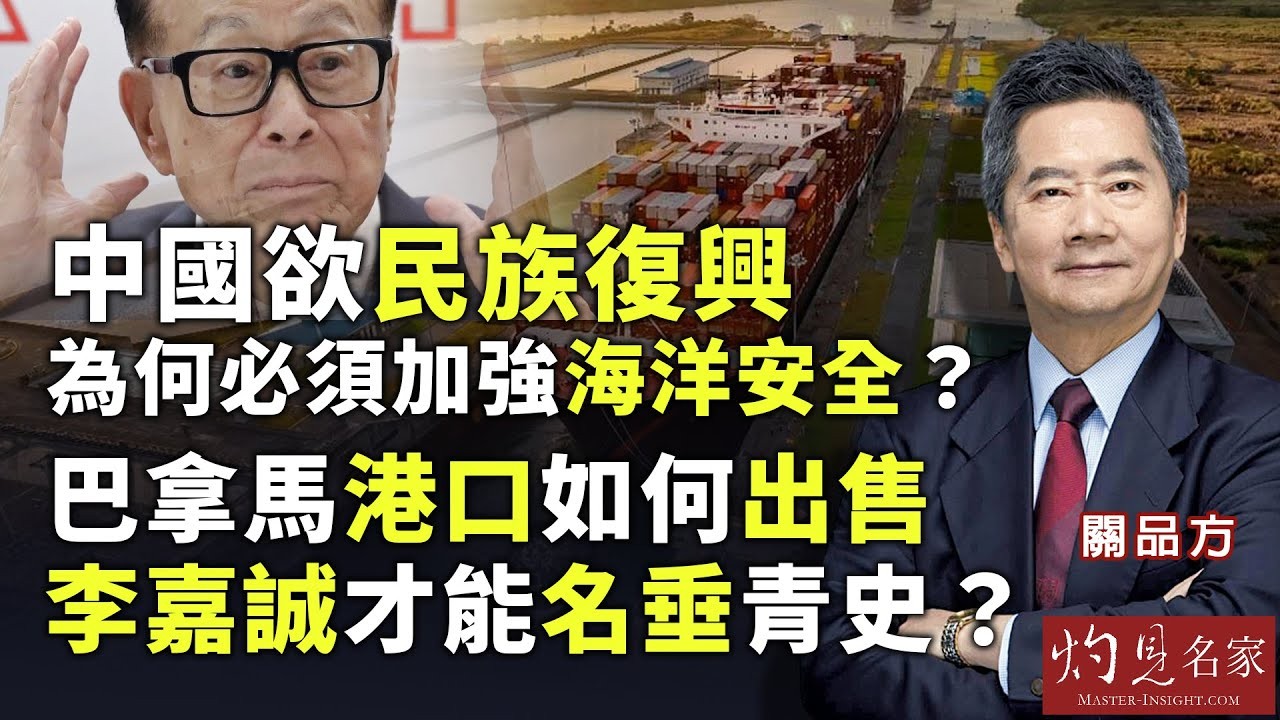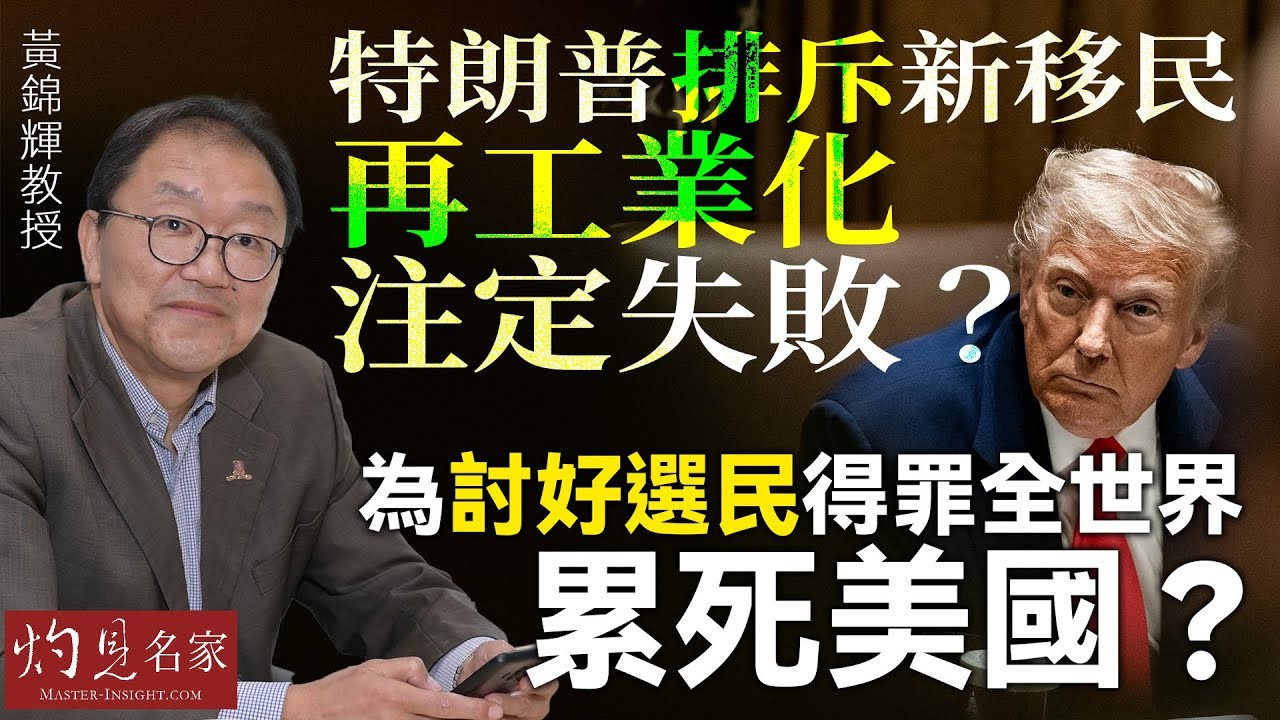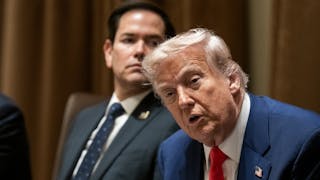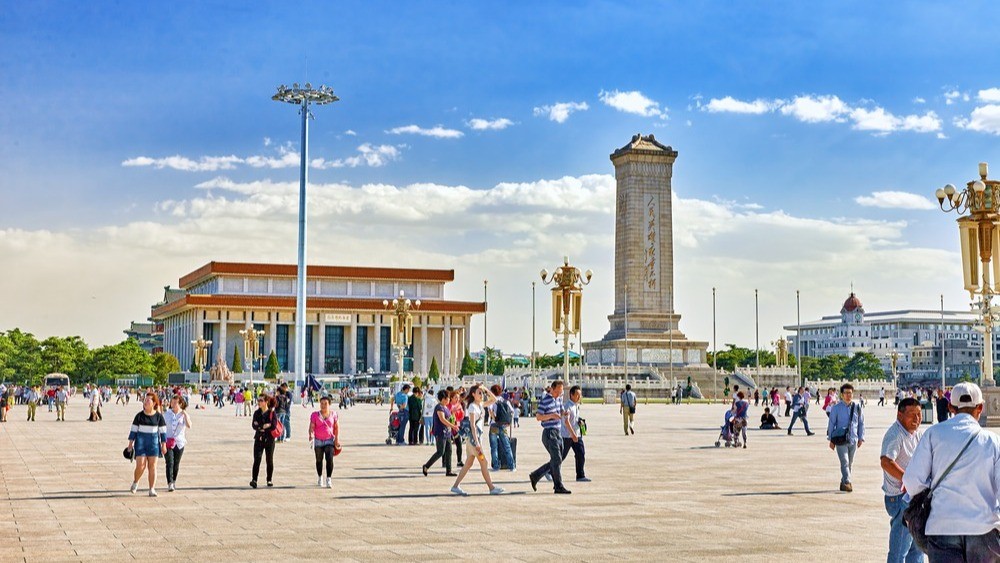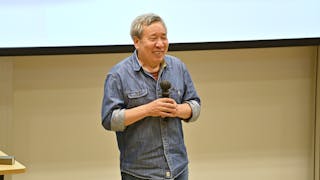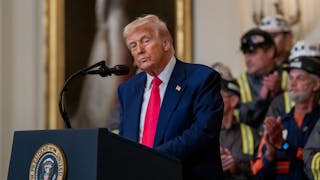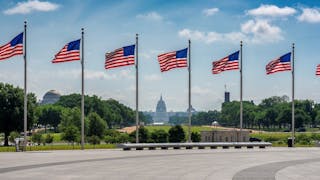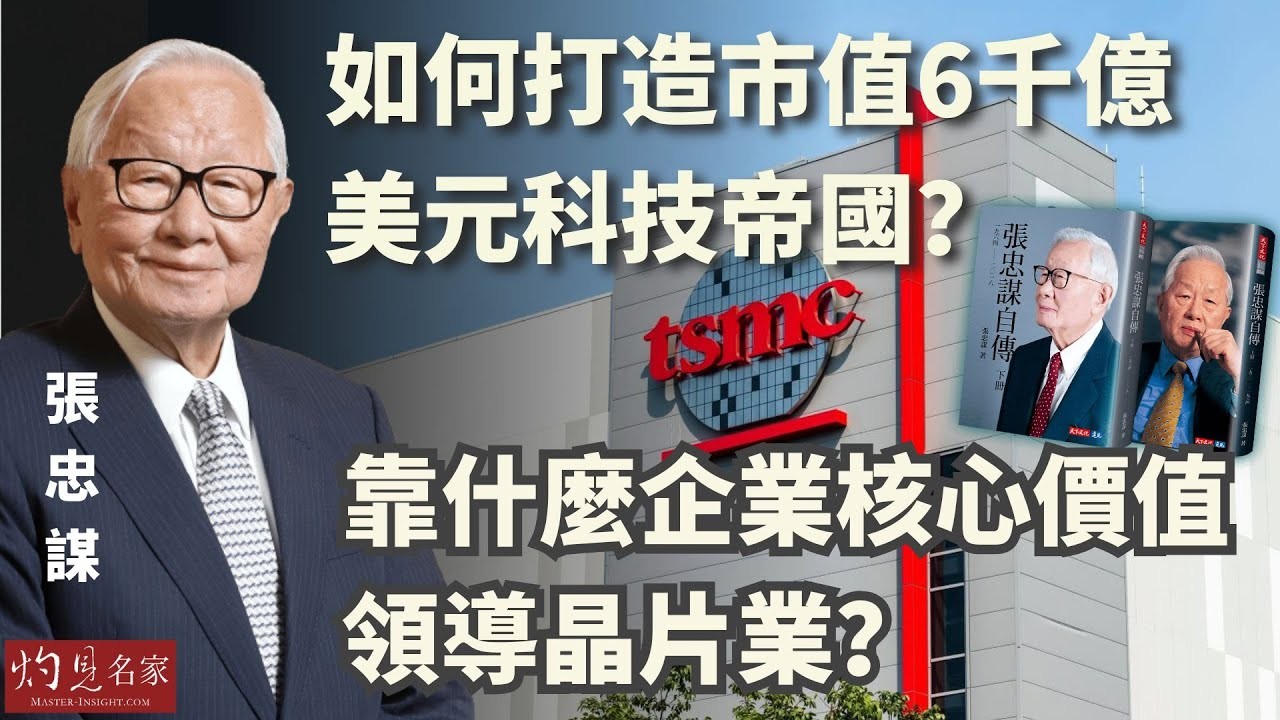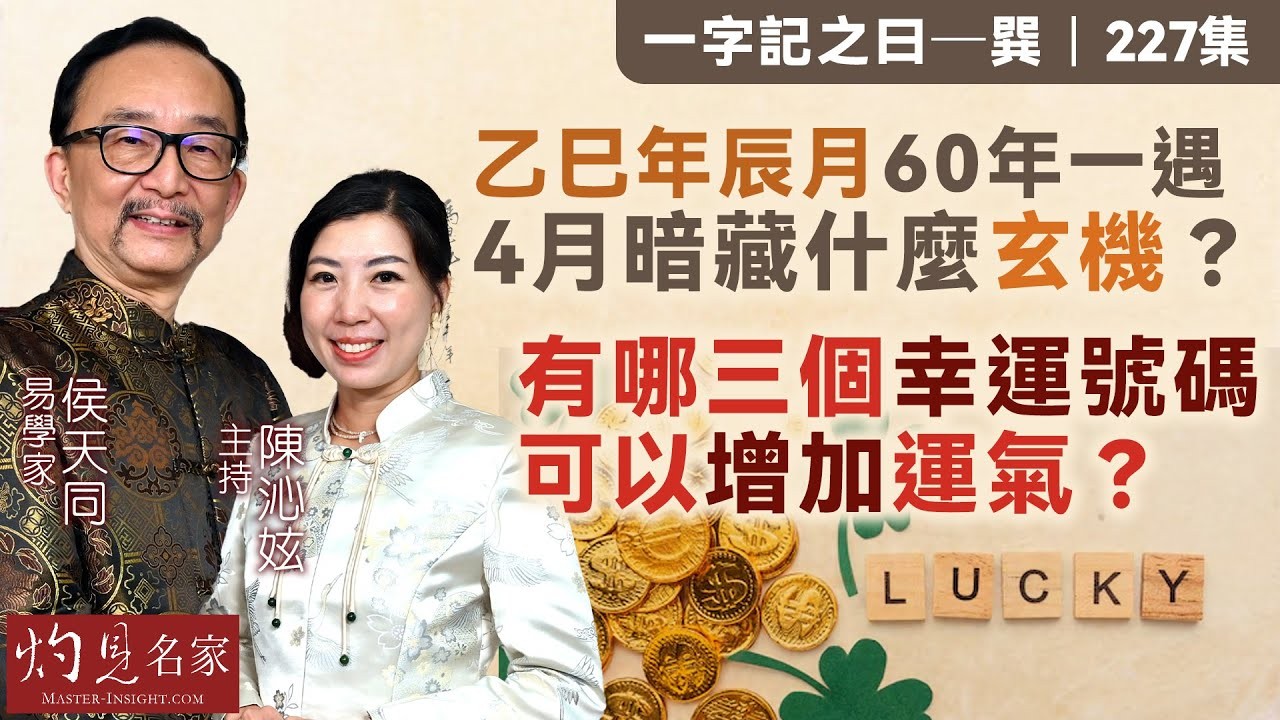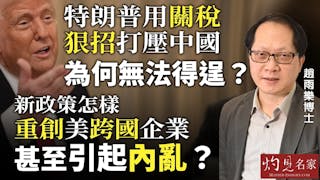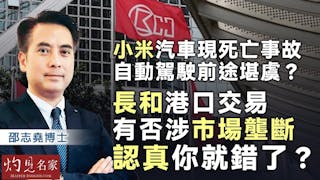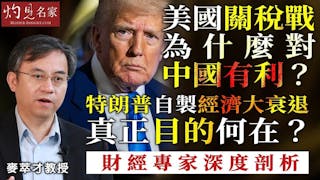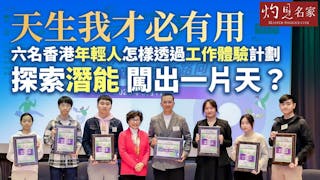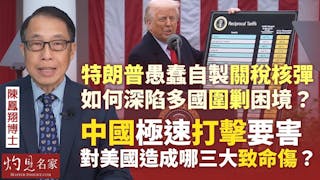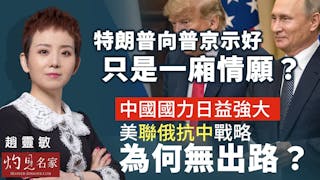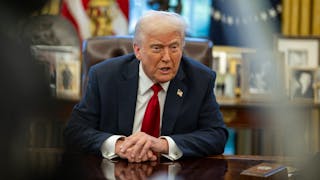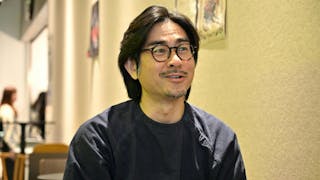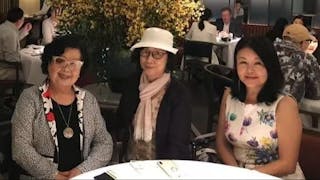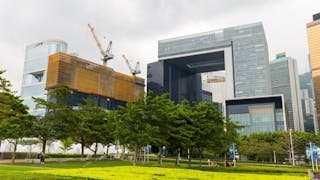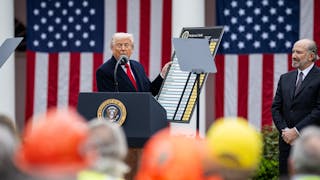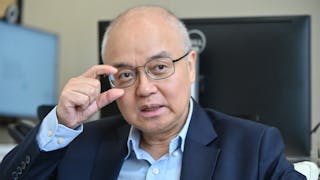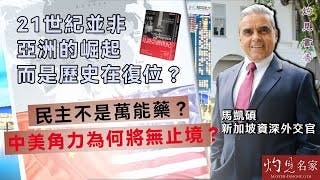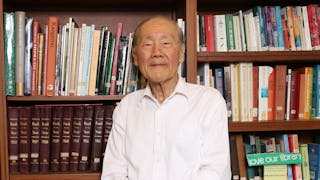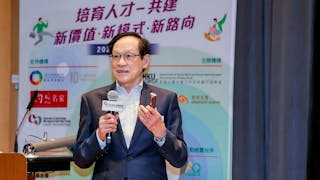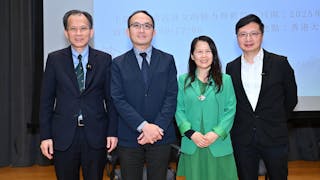2024年12月25日,日本外相岩屋毅訪問北京,與中國外長王毅和國務院總理李強會面。岩屋毅在特朗普即將重返白宮之前訪問中國,無論在外交或政治方面,對中日關係有重要的影響。
中日元首確認發展兩國戰略互利關係
岩屋毅訪京之行,可以被視為日本首相石破茂去年11月在利馬亞太經合組織峰會期間,與中國國家主席習近平會面後的後續建設性舉措。在秘魯會晤期間,中日兩國元首確認發展「基於共同戰略利益的互利關係」的共同目標,為岩屋毅本月訪華鋪平了道路。
岩屋毅和王毅一起出席日中高級別人文交流磋商機制第二次會議,達成10項重要共識。
這些共識包括是大力推動青少年交流互訪;搭建更多友好城市交流橋梁;加強體育交流合作;支持影視、音樂、出版、動漫、遊戲等文娛產業繼續合作;加強媒體、智庫交流合作;開展婦女團體交流,分享促進性別平等、就促進男女共同發展共享經驗;加強相互合作,宣傳大阪和關西2025年世博會;鞏固中日兩國公民之間更多的交流等。
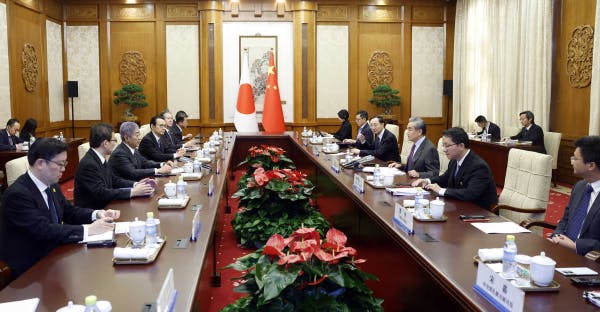
體育交流促進中日青年相互了解
岩屋毅和王毅達成的共同共識具有重要的政治和社會意義。兩國青年的交流對於減少相互誤解、加深年輕一代對兩國社會和價值觀的了解是必要的。體育交流可以幫助推動中國體育一些薄弱領域的發展,特別是日本擅長的足球運動,已成為大多數亞洲國家的典範。
岩屋毅告訴王毅:日方願同中方增進互信、協調合作,增加雙邊關係中的積極議程,減少未決問題,妥善管控分歧。「減少未決問題」一詞是正面的,顯示岩屋毅與中方打交道時採取務實的態度。
值得關注的是,中國同意逐步放寬日本水產品輸華的限制。中國外交部發言人毛寧12月24日表示,中國政府正考慮從2025年上半年開始恢復進口日本水產品。
放寛水產輸華只是時間問題
可以預見,岩屋毅訪問北京後,日本水產恢復對華進口只是時間問題。
此外,日本政府已決定為中國公民個人前往日本旅遊,推出有效期為10年的多次入境簽證。目前,最長有效期為5年。放寬簽證有效期限將有利於更多中國遊客赴日旅遊,是備戰2025年大阪、關西世博會的積極措施。
日方放寬入境限制可以看作是中國政府最近在11月推出的對日本公民免除短期簽證政策的交換條件,日本公民的最長停留期限已從之前的15天延長至30天。
同樣,日本也不再要求65歲以上中國公民個人旅遊提交在職證明,令中國退休人員赴日旅遊更加便利。中國團體遊客的最長停留時間也從目前的15天延長至30天。
因此,在旅遊方面,中日兩國都採取務實的態度,實現了雙贏。
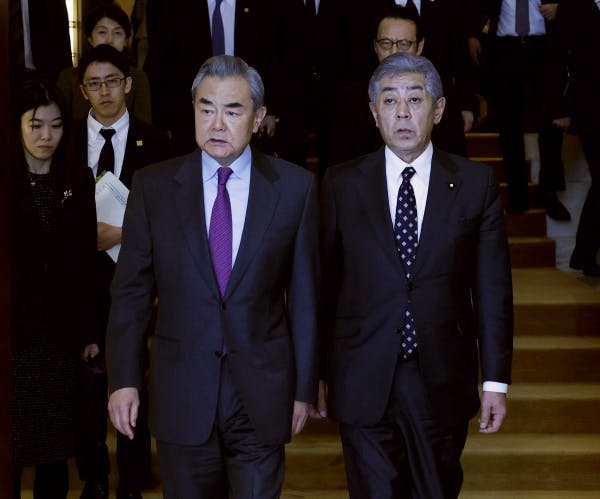
強調台灣問題必須和平對話解決
岩屋毅於12月24日接受鳳凰衛視訪問時提到台灣問題,他不認同「台灣有事即日本有事」的觀點,這種觀點將台灣的安全直接與日本聯繫起來。相反,他個人希望台灣不要先陷入困境,這意味着台海應該保持和平與穩定。岩屋毅承認台灣是日本的朋友,堅定遵守日中建交聯合公報,強調台灣問題必須透過和平對話解決。
從外交層面來說,岩屋毅處理台灣問題的方式是嫻熟而審慎。他沒有將台灣的安全與日本的安全連結起來,而是轉而強調和平解決台灣問題,避免激怒中方的軟肋。
同樣,岩屋毅對由日本控制、中國聲稱擁有主權的釣魚島所在的東海局勢表達了關切。岩屋毅抱怨說,在日本經濟區或沖繩縣與那國島南部可以看到中國浮標,他要求中國將之移除。日本多次就中國船隻「侵入」日本東海領海,特別是釣魚島周邊地區向中方提出抗議。
在釣魚島主權問題上,岩屋毅與王毅的政治對話更多是一種姿態,而不是外交解決方案,特別是考慮到中國在釣魚島問題上相當堅定的立場,預期不會有任何突破。
中日關係改善能為中美緊張降溫
岩屋毅訪京之行意義重大。就在特朗普明年初重返白宮之前,中日關係改善可以為正在惡化的中美關係發揮重要的降溫作用。
作為美國的親密盟友,東京在安全政策上自然站在華盛頓一邊,但也一直對北京採取較為溫和的經濟和社會文化政策,同時在加強軍事實力能微妙地制衡中國的軍事威脅。如果特朗普新政府在經濟和軍事上對華採取鷹派政策,日本仍將是在美中關係之間發揮關鍵的斡旋作用。
儘管美中之間的貿易和科技戰可能會更激進和嚴重地惡化,但日中關係改善可以為東京在不可避免的變化形勢中,擁有更多的外交迴旋空間。當前務實主義主導日中關係的發展,龐大市場胃納為日本工商界提供了巨大的經濟機遇,日本民眾也確實需要更深入地了解中國的社會和文化。
Iwaya' s Visit to Beijing and its Implications for Sino-Japanese Relations
On December 25, 2024, the Japanese Foreign Minister Takeshi Iwaya visited Beijing and met with his Chinese counterpart Wang Yi and Chinese Premier Li Qiang. Iwaya’s visit to China has important diplomatic and political implications for Sino-Japanese relations shortly before Donald Trump will soon return to the US presidency.
Iwaya’s visit to Beijing can be seen as a follow-up constructive action and trust-building process shortly after the Japanese Prime Minister Shigeru Ishiba had met with the Chinese President Xi Jinping on the sidelines of the Asia-Pacific Economic Cooperation Summit in Lima in November. During the meeting in Peru, the two leaders affirmed their common objective of developing a “mutually beneficial relationship based on common strategic interests”—a” key diplomatic term opening the way for Iwaya’s visit to China in December.
Iwaya and Wang Yi attended the second meeting of the high-level consultation mechanism on people-to-people and cultural exchanges between Japan and China, during which ten important consensuses were reached.
These consensual issues include vigorously promoting youth exchanges; building up more platforms for exchanges between their sister cities; strengthening sports exchange and cooperation; supporting continued cooperation in the areas of the film, music, publishing, animation and gaming industries; strengthening cooperation in the mass media and think tanks; and engaging in closer and more exchanges between women organizations to share their experiences in the promotion of not only gender equality but also the joint development of men and women; enhancing mutual collaboration in promoting the World Expo 2025 in Osaka and Kansai; and consolidating more communication and friendship between the Chinese and Japanese citizens.
Obviously, from the perspective of enhancing cultural and educational exchange, these consensuses could be hailed as an immense success at a time when the societies and citizens of the two countries do not quite understand each other. In September 2024, a Shenzhen resident stabbed a 10-year-old Japanese boy—an incident that aroused the concern of the Japanese government and the Japanese residents in China. This event followed an abortive attack by an assailant on a Japanese mother and her child in the city of Suzhou in June, leading to the death of a Chinese citizen who protected the two Japanese. These unfortunate events aroused the concern of the Japanese government and some Japanese residents in China on whether anti-Japanese sentiment was stirred up unnecessarily in the mainland Chinese social media. Although there was no concrete evidence pointing to the racial origin of the attacks, the two incidents marred Sino-Japanese relations. Public opinion surveys in both Japan and China have also shown that most citizens in the two countries have low opinions on each other—a worrying trend from the perspective of society-to-society interactions.
The common consensus reached between Iwaya and Wang Yi was politically and socially important. Youth exchange between the two countries is necessary to minimise mutual misunderstandings and deepen the knowledge of the younger generations on both countries’ societies and values. Sports exchange can help propel the development of Chinese sports in some weak areas, especially football in which Japan excels and has become a model for most Asian countries. Sports exchange can and will promote each of the two sides to learn from the other.
Iwaya told Wang Yi that Japan is willing to enhance mutual trust, coordination, and cooperation with China, while increasing the agenda items in bilateral relations and “reducing pending issues.” The term “reducing pending issues” was a positive one pointing to Iwaya’s pragmatism in dealing with the Chinese side.
Wang Yi reiterated China’s opposition to Japan’s maritime discharge of the “nuclear-contaminated” water in Fukushima, but he remarked that Japan should fulfil its international obligations and commitments to China. Wang Yi also added that Japan should set up a long-term international monitoring system on the “nuclear-contaminated” water and that it can allow China to sample and test the water later.
Japan has been adopting a pragmatic approach to engaging China actively, while raising concerns on issues reflecting the Japanese interests and enhancing socio-cultural interactions that improve and cement the Sino-Japanese relations at a crucial transitional period waiting for the return of the Donald Trump administration in the US.
Interestingly, China agreed to relax the import of Japanese maritime and seafood products to the mainland gradually. The Chinese Foreign Ministry spokeswoman Mao Ning said on December 24 that the Chinese government was considering the resumption of the imports of Japanese aquatic products starting from the first half of 2025.
Following Iwaya’s visit to Beijing, it can be expected that the resumption of the imports of Japanese seafood products to China will be a matter of time.
As such, the Sino-Japanese dispute over the treatment of the “nuclear-contaminated” water in Fukushima has been settled, together with the question of whether the Japanese seafood products should be allowed to enter China. A happy conclusion could be seen in the Iwaya’s visit to China.
Pragmatism prevails on both sides. The Japanese government has decided to introduce a new multiple-entry visa valid for 10 years for the Chinese citizens to visit Japan individually for tourism. At present, the maximum validity is for five years. Relaxing the visa validity period will facilitate more Chinese tourists to visit Japan – a positive move preparing for the World Expo 2025 in Osaka and Kansai. This relaxation from the Japanese side can be seen as a quid pro quo for the Chinese government’s recent policy in November of waiving short-term visas for Japanese citizens, whose maximum stay has been extended to 30 days rather than the previously 15-day limit.
Japan will also no longer require Chinese citizens aged sixty-five or older to submit a certificate of employment for individual tourism trips, making it much easier for the Chinese retirees to visit Japan. The maximum stay for Chinese group tourists will be extended to 30 days, up from the present limit of 15 days.
Hence, on tourist visits, both countries have been adopting a pragmatic policy of relaxing the requirements for entry and stay of the citizens from the other side, achieving a win-win situation.
During an interview with the Phoenix TV on December 24, when Iwaya was asked about Taiwan, his response was that he disagreed with the view that if there is any trouble in Taiwan, Japan would also be in trouble – a view linking Taiwan’s security directly with Japan’s. Instead, Iwaya remarked that he personally hopes Taiwan would not be in trouble first, meaning that peace and stability should prevail across the Taiwan Strait. Admitting that Taiwan is a friend of Japan, Iwaya firmly adheres to the joint communique on the diplomatic relations between Japan and China and he stressed that the Taiwan issue must be resolved through peaceful dialogue.
Diplomatically speaking, Iwaya was skilful and careful in tackling the Taiwan question. Rather than linking Taiwan’s security with Japan’s, he switched to emphasise the peaceful resolution of the Taiwan matter without provoking the sensitivity of the Chinese side.
Iwaya also maintains the principle of safeguarding Japan’s interests. He expressed concerns to Wang Yi over the situation in the East Sea, where the Japanese-controlled and Chinese-claimed Senkaku (Diaoyu in Chinese) is located. Iwaya complained that a Chinese buoy could be seen in the Japanese economic zone, or in the south of Yonaguni Island in the Okinawa Prefecture, and he requested that China should remove it. Japan has repeatedly lodged protests to the Chinese side over the “intrusion” of Chinese vessels into its territorial waters in the East Sea, especially the areas around the Senkaku (Diaoyu) Islands.
At present, pragmatism continues to prevail in the development of Japan’s relations with China, whose vast market has been providing tremendous economic opportunities for the Japanese business sector and whose society and culture really need deeper understanding of the Japanese people.
On the sovereignty over Senkaku (Diaoyu) Island, it cannot be expected that there is and will be any breakthrough, but Iwaya’s positioning in the discussion table with Wang Yi was more a political gesture than a diplomatic solution, especially as China is quite firm in its sovereignty assertion over the Diaoyu Island.
Iwaya expressed his concern about the arrest of a few Japanese nationals in China over espionage allegations, adding that the ambiguities in the Chinese counter-espionage law has already caused the uneasiness of some Japanese people about China. He called for the “swift release” of a few Japanese nationals who have been detained by the Chinese authorities – a request that will likely take some time for resolution in perhaps a low-key manner.
Iwaya met Premier Li Qiang, who said that China is willing to work with Japan to implement the consensus agreed upon by the leaders of the two countries. Li added that both sides should promote sustained and healthy development of bilateral relations and that they should achieve more new results in pragmatic collaborations. He said: “It is hoped that Japan will work with China, abide by the principles laid down in the four China-Japan political documents, face history squarely and look to the future, constructively manage differences and disputes, and take care of the big picture of China-Japan relations.” (Xinhua, December 25, 2024)
The Iwaya visit to Beijing is significant. Just before Donald Trump’s return to the US presidency, Japan’s improvement of its relations with China can pave the way for its important moderating role in the soon-to-be deteriorating Sino-US relations, especially as the new Trump administration will worsen its trade and technology war with China.
Moreover, the improvement in Sino-Japanese relations can benefit the business sectors in both China and Japan. It is reported that Toyota is interested in establishing a new electric vehicle factory in China. If so, the Japanese companies are keen to operate in China. If the worsening US trade war with China is going to bring about some degree of “decoupling,” the current enhancement in Japan’s relations with China will by no means follow the US path, which will likely be self-protectionist, isolationist and hostile under the Trump leadership.
It is reported that Japan is exploring the possibility of inviting the Chinese Premier Li Qiang to participate in the Leadership Meeting between China, Japan, and South Korea to be held later in Japan in 2025. The timing of the meeting may coincide with the Chinese move to allow the re-entry of the Japanese seafood products to the mainland. Diplomatically speaking, Li Qiang’s possible visit to Japan in 2025 will be an important one, recalling and repeating the late Chinese Premier Li Keqiang’s significant visit to Japan in 2018 for the seventh China-Japan-South Korea Leaders’ Meeting.
As a close ally of the US, Tokyo has been naturally siding with Washington in terms of its security policy, but it has also been adopting a softer economic and socio-cultural policy toward Beijing, thereby balancing China in a delicate manner while enhancing its military rearmament to cope with the perceived Chinese military threat. At the same time, Japan is implementing a pragmatic approach to engaging the Chinese economically, culturally, and socially. If the new Trump administration is going to adopt a hawkish policy toward China economically and militarily, Japan will still be a crucial actor mediating between the inevitably worsening US relations with China.
In conclusion, Iwaya’s visit to Beijing is an important one diplomatically and politically. Diplomatically, Japan has been adopting a pragmatic approach to engaging China actively, while raising concerns on issues reflecting the Japanese interests and enhancing socio-cultural interactions that improve and cement the Sino-Japanese relations at a crucial transitional period waiting for the return of the Donald Trump administration in the US.
While it can be anticipated that US relations with China will likely deteriorate in the form of a more aggressive and serious trade and technology war, Japan’s improved relationship with China is now paving the way for Tokyo to have more diplomatic room for manoeuvre in the inevitably changing Sino-US relations in the coming months and years. At present, pragmatism continues to prevail in the development of Japan’s relations with China, whose vast market has been providing tremendous economic opportunities for the Japanese business sector and whose society and culture really need deeper understanding of the Japanese people.
原刊於澳門新聞通訊社(MNA)網站,本社獲作者授權轉載。(原文按此)



